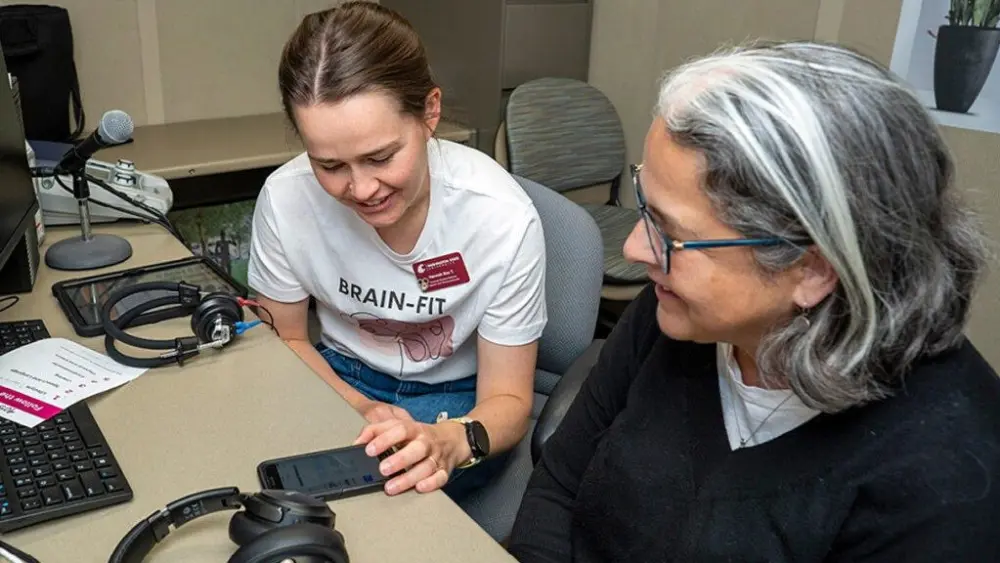Campbell’s role at WSU reflects a growing recognition of the grief associated with a pet’s death and the toll veterinary care can take on people in the profession.
As WSU’s nondenominational veterinary chaplain, he visits with clients of the Veterinary Teaching Hospital in Pullman, offering a listening ear. He sometimes attends euthanasia procedures. He also makes the rounds of the veterinary college, checking in with workers in every department.
“I try to make myself visible and available wherever I’m needed,” Campbell said. “I just want to ease people’s pain and suffering, and this is a way I can do that. I also provide service to a profession that I find very noble and caring.”
Campbell has worked in the role since September 2021, first as a volunteer, and now as a compensated volunteer.
Dori Borjesson, dean of the WSU College of Veterinary Medicine, said she initially wasn’t sold on the idea of having a veterinary chaplain.
Then, “We started getting really nice feedback from clients who said how meaningful it was for them to have someone to talk to about grief,” she said. “He provides a true, deep support for our clients who are going through a big challenge.” Borjesson added, “I have become a convert.”
Campbell said the idea of veterinary chaplaincy occurred to him while attending seminary. His wife is a surgeon at the WSU Veterinary Teaching Hospital, and he knew people in the profession often carry heavy emotional burdens related to their work.

“I thought, surely chaplaincy has a role here,” he said.
He was surprised to discover how few people provide emotional or spiritual care for the loss of a pet, and even fewer still who provide such care to people in the veterinary profession.
Campbell responded by filing to create a nonprofit, the American Association of Veterinary Chaplains. He hopes it evolves to be a certifying organization and resource for what he expects will be a growing field.
He also instituted ceremonies called a Celebration of Life and Remembrance for our Animal Companions, where people can grieve and honor their pets. Participants write messages and attach them to a garland that’s hung outside the Veterinary Teaching Hospital in Pullman. “When the wind blows across the garland, a mourning person’s wishes to their companion animal go out into the universe,” he said.
The next such event is April 13 at 10:30 a.m. in the Elson S. Floyd Cultural Center on the WSU Pullman campus.
Campbell said there’s only recently been a wider reckoning of how deeply people feel the loss of a pet.
“Our society is awful at companion animal loss,” he said. “I invite people to share, where someone else might say, ‘I’m really sorry to hear that’ and be off. While I can’t solve their problem, if they leave feeling better, feeling less weight, then I’ve done my job.”




